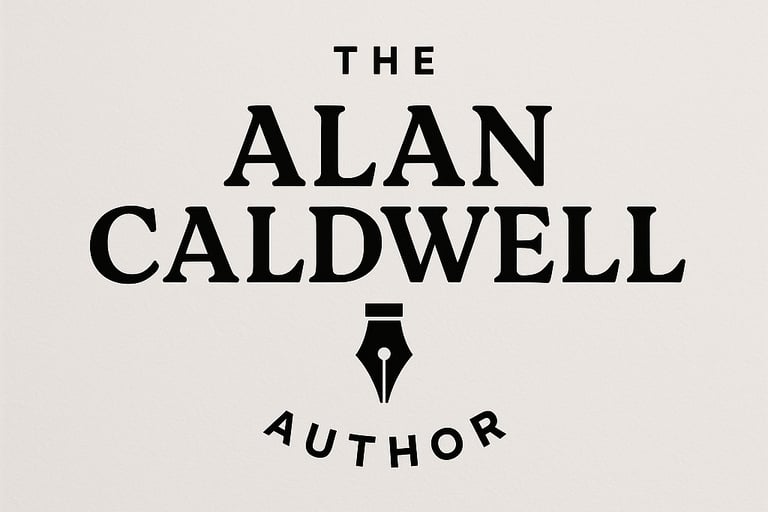
Chicken Salad
They had great chicken salad, just the right mix of shredded breast, nuts, red grapes, mayonnaise, celery, and Dijon mustard. I’m not sure how such a culinary artist ended up making chicken salad for the mentally ill, but I’m glad she did.
We were roughly divided into two groups: those allowed to have shoelaces and those who weren't. I had shoelaces. My bevy of therapists discussed my self-harm status each morning and granted me the daily privilege. I was always proud of that status. I saw it as an achievement. I worked hard for it and felt justified in my pride.
Maggie and Mike didn’t have laces, but they were my best friends anyway. When lunch was over, and we broke into groups for coloring therapy, they were always my partners. We shared the colored pencils amicably and praised each other's work in subdued but sincere tones. I later learned that the other patients actually voted for “the most fucked-up” patient. I heard that I had finished third in the balloting. Institutionalized people can be so tribal and judgmental, almost as much as those on the outside.
Mike polled second, not based on the things he shared in group, because he shared nothing there, but on the palpable, visible tension in his thick neck and broad shoulders. Even the addled addicts could see that tension. He was a soldier, and I suspect he was a good one. I think the cliché about our inner demons is a tired one, but I always pictured Mike and his demon staring nose to nose in some bleak mindscape, each afraid to blink. Mike rarely blinked. Mike was a soldier, until he drove his truck over an improvised explosive device in some searing sandy undeclared desert conflict. He was unhurt, but he wore much of his best friend's flesh on his face and clothes. He tried to pick up the larger pieces and stick them back together. That’s how his captain found him, trying to hold his friend together. I think that’s why he flexed constantly: he was still trying. He told his story just once and then went back to face his unblinking demon and complete his coloring sheet.
Maggie had a dog, maybe that’s why she finished first. We couldn’t see Maggie’s dog, but we could see her petting him as if trying to keep him quiet. She would awake from Haloperidol dreams and tell her tale, one sickening vignette at a time. Her father lost her mother and then himself. His friends would share his liquor and then they would share Maggie. If they lost track of her, she would hide, but they always found her, in the closet, under the bed, behind the washing machine. Her crying always gave her away. But Maggie had a dog, a puppy. She found him hiding in a culvert. He followed her home. Maggie tried to keep him quiet but her father eventually found her puppy. His crying gave him away. Maggie’s father stomped the puppy with his thick work boots. Then Maggie’s father died, and the state found her a safer place to sleep, but they didn’t allow pets. Then she made herself anew: an education, a husband, a daughter, a career, a real home. She soon forgot the father, his friends, her hiding places, and her dog. She forgot them for a long time, and then she remembered them again, and forgot the person she had made anew. The husband, and the daughter and the career, and the home were not real, and she never recognized them again. But at least she had a dog, and chicken salad.
Explore Alan's journey through family tales, poetry, and much more!
© 2025. All rights reserved.

